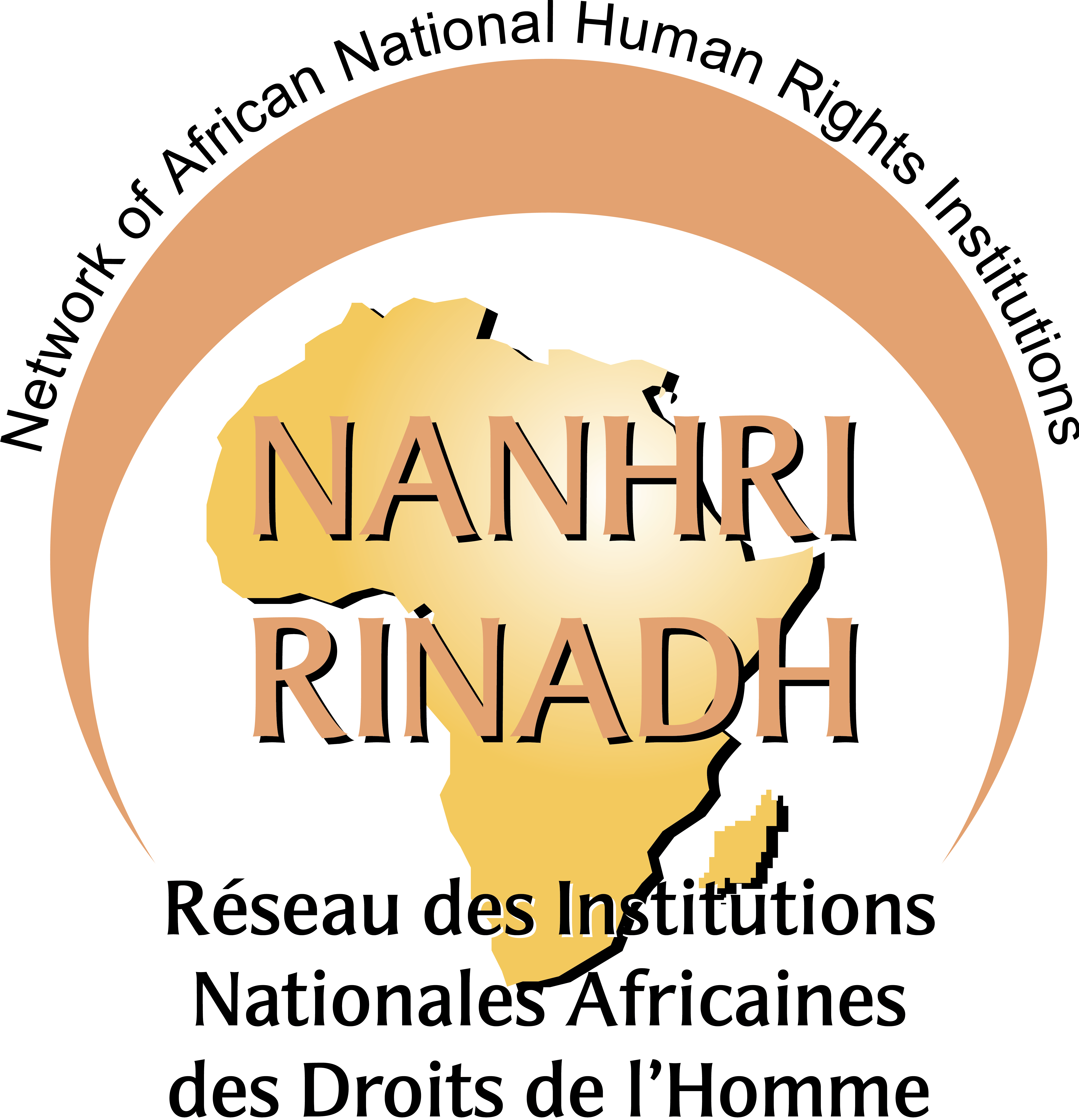- Home
- Who we are
- What we do
- Our Areas of Intervention
- Strategic Plan
- Conflict Resolution & Peace Building
- Resources
- Opportunities
- Africa Human Rights Database
The risk of holding such high numbers of people in detention when social distancing in a critical practice in defeating Covid-19 may derail the war against the pandemic. As critical players, NHRIs have a mandate of supporting the States in fulfilling their human rights obligations at all times including this moment of a health emergency.
Even as the measures instituted to combat Covid-19 are implemented, we urge the NHRIs in collaboration with State agencies to ensure:
Further, we recommend that those under quarantine are:
Gilbert Sebihogo
Executive Director, NANHRI
For more details contact
Gilbert Sebihogo
gsebihogo@nanhri.org
Robert Laban
laban@nanhri.org
